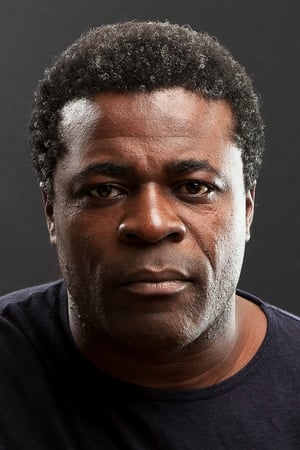
Marco-Hugo Landeta Vacas
8
|
jul. 16, 2025
(CASTELLANO) A veces lo que más sorprende de un thriller de espías no es la acción, sino el silencio. En Amateur, James Hawes renuncia al efectismo fácil para construir una historia donde lo emocional pesa más que las persecuciones o los tiroteos. Sí, hay todo lo que se espera del género: agencias, traiciones, secretos, pero la cámara se detiene más en las miradas que en las balas. Y eso, curiosamente, es lo que la hace distinta.
Rami Malek sostiene la película con una contención que juega a favor del personaje, aunque puede dejar frío a más de uno. No es Bourne, ni pretende serlo, aunque la comparación sea inevitable. Su viaje es interno, más que físico, y eso no siempre se traduce en ritmo o espectáculo. Pero si entras en el juego, funciona. La rabia, la pérdida, la obsesión: todo está ahí, en sus ojos, en su cuerpo tenso, en su forma de hablar bajo y caminar despacio.
El guion tiene sus momentos torpes, no lo voy a negar. Algunas decisiones narrativas se sienten forzadas, y el desenlace, aunque coherente, puede no satisfacer a quien busque un clímax clásico. Pero hay una honestidad en la propuesta que compensa. No busca ser una franquicia ni revolucionar el género, solo contar una historia de dolor envuelta en un mundo de códigos y armas.
Visualmente, Amateur apuesta por un estilo sobrio, con una fotografía limpia y sin alardes. Todo está al servicio del personaje, del conflicto, del duelo. No es una película perfecta, pero sí una que deja poso. Una que prefiere sugerir antes que gritar.
La disfruté. No por lo que tiene de thriller, sino por lo que esconde debajo: una historia íntima, a fuego lento, donde las heridas no se ven pero se sienten. Hay que mirarla desde ahí, desde la pérdida, no desde la adrenalina. Y si haces ese cambio de chip, probablemente también la disfrutes tú.
(ENGLISH) Sometimes what surprises you most in a spy thriller isn't the action, but the silence. In Amateur, James Hawes avoids easy thrills to build a story where emotion weighs more than car chases or shootouts. Yes, everything you'd expect from the genre is there: agencies, betrayals, secrets—but the camera lingers more on the looks than the bullets. And that's, surprisingly, what makes it different.
Rami Malek carries the film with a restrained performance that suits the character, though it might leave some viewers cold. He’s no Bourne, nor does he try to be, even if the comparison is inevitable. His journey is more internal than physical, and that doesn’t always translate into pace or spectacle. But if you play along, it works. The rage, the loss, the obsession—it’s all there, in his eyes, in his tense body, in the way he speaks softly and walks slowly.
The script has its clumsy moments, no doubt. Some narrative choices feel forced, and the ending, while coherent, might not satisfy those looking for a classic climax. But there’s an honesty in the proposal that makes up for it. It doesn't try to be a franchise or revolutionize the genre—just tell a story about pain, wrapped in a world of codes and guns.
Visually, Amateur chooses a sober style, with clean, understated cinematography. Everything serves the character, the conflict, the grief. It's not a perfect film, but it stays with you. One that prefers to suggest rather than shout.
I liked it. Not because of what it has as a thriller, but because of what it hides underneath: an intimate, slow-burning story where the wounds aren’t always visible, but deeply felt. You have to watch it from that place—from loss, not from adrenaline. And if you shift your mindset, you’ll probably enjoy it too.



















